Great demand
According to statistics from the Ministry of Health , the average life expectancy of Vietnamese people in general and of Ho Chi Minh City is currently relatively high, but healthy life expectancy is still low. In 2021, the average life expectancy of Vietnamese people was recorded at 73.64 years old, of Ho Chi Minh City was 76.24 years old, but healthy life expectancy was only 65.4 years old (of which, men were 62.8 years old and women were 68 years old).
The disease model in our country in general and in the elderly in particular is changing rapidly, shifting from a model mainly of infectious diseases to a model mainly of non-communicable diseases. The elderly in our country often suffer from many diseases at the same time, on average each person suffers from more than 2 non-communicable diseases, requiring lifelong treatment.
Faced with this situation, Ho Chi Minh City has implemented many specialized health care programs for people in this age group, with activities focusing on improving the quality of medical examination and treatment, early screening for chronic diseases, and promoting communication and raising public awareness about proactive health care in the context of an aging population.
Many city-level hospitals such as Nhan Dan Gia Dinh, Nguyen Trai, Nguyen Tri Phuong, An Binh… have developed specialized geriatric departments to meet the increasing demand for medical examination and treatment of the people. In particular, the outpatient chronic disease management model has helped tens of thousands of elderly patients control their health well, reducing the rate of emergency hospitalizations.
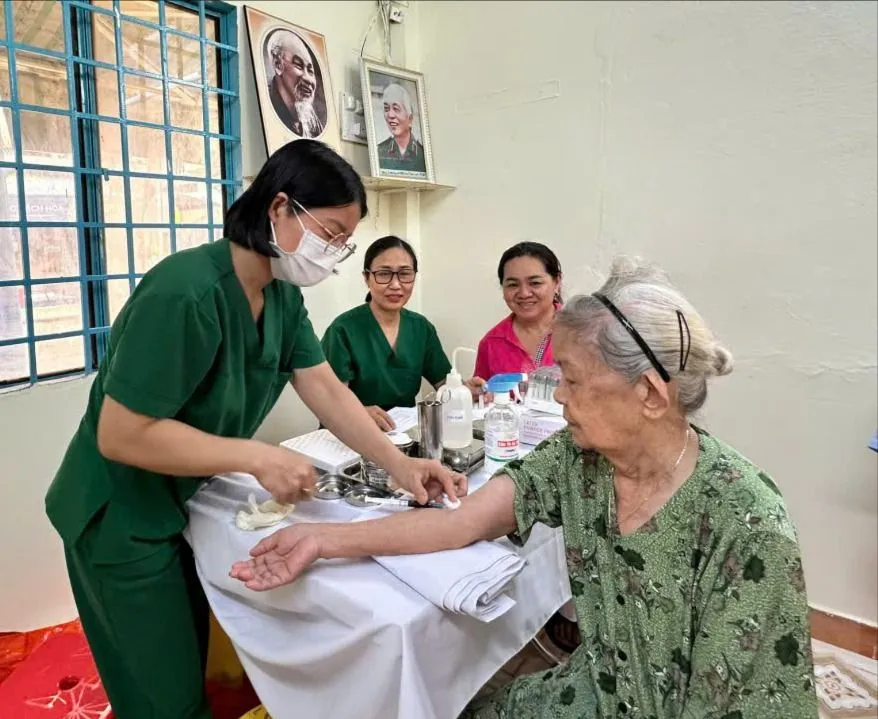
In addition, the grassroots health system also organizes the management of electronic health records, inviting the elderly to come for regular check-ups. Up to now, most ward and commune health stations have organized elderly health clubs, where people can have their blood pressure and blood sugar checked periodically, receive nutritional advice and exercise appropriately.
A typical example recently, the People's Committee of An Nhon Tay commune coordinated with the An Phu and Phu My Hung commune health stations to organize health check-ups and screening for non-communicable diseases for 132 elderly people in the area. Xuan Hoa ward also coordinated with the health station to organize health check-ups and screening for non-communicable diseases for 31 elderly people in ward 17, and also visited the homes of elderly people with difficulty moving.
Tan Nhut Commune People's Committee has just coordinated with the health station to implement periodic health check-ups 2 days/week for people aged 60 and over. According to the representative of Tan Nhut Commune People's Committee, up to now, the whole commune has 1,363/4,357 elderly people who have been examined and given health consultation, reaching a rate of 31.2%. This activity will continue to be implemented until November 30, 2025, striving to achieve over 80% of the elderly to receive comprehensive health care.
During the visits, all elderly people are given general health check-ups, abdominal ultrasounds, and tests for important indicators such as glucose, creatinine, triglycerides, and LDL-C to detect common diseases early (diabetes, high blood pressure, cardiovascular disease, kidney disease, etc.). From there, doctors and nurses advise on treatment, and guide them on appropriate diet and exercise to help improve the physical and mental health of the elderly.
Towards “healthy aging”
According to the Ho Chi Minh City Department of Health, Ho Chi Minh City is one of the localities with the highest rate of elderly people in the country, with nearly 2 million people aged 60 and over (accounting for about 10.5% of the population). The health sector is focusing on implementing many specific activities to improve the quality of elderly care such as: strengthening and improving the capacity of the grassroots health system in providing primary health care services, disease prevention and health care for the elderly in a priority, convenient, available and accessible direction. Gradually building a long-term health care model for the elderly; orienting living behaviors, lifestyles and health care at home and in the community to improve the quality of life and increase the life expectancy of the population.
In addition, focus on implementing a program of annual general health check-ups for the elderly, combined with the establishment of electronic health records for all elderly people. In addition, build and develop a community-based elderly health care network; form a network of volunteers and collaborators to participate in monitoring activities, support health care, and manage chronic diseases and non-communicable diseases of the elderly at home and in the community...
According to Associate Professor, Doctor, Doctor Tang Chi Thuong, Director of the Ho Chi Minh City Department of Health, the increase in the number of elderly people means an increase in the total demand for health care for the elderly. Illness has greatly affected the psychological life, daily activities and community integration of the elderly.
In the coming time, the city's health sector will continue to implement activities to achieve the goal of 80% of the elderly receiving periodic health check-ups at least once a year and having their health records maintained and managed; ensuring consistency in professional content and expanding the scope of health check-ups for the elderly throughout the city.
The Ho Chi Minh City People's Committee has just issued a plan for health check-ups and early detection of non-communicable diseases among the elderly residing in the city from now until the end of 2025 and the following years, to ensure that each elderly person in the area receives a periodic health check-up once a year, promptly detects and manages treatment of non-communicable diseases, and establishes electronic health records.
From there, we can identify health and disease models, proactively intervene early to increase efficiency, reduce treatment costs, and contribute to improving people's quality of life.
Source: https://www.sggp.org.vn/kham-suc-khoe-dinh-ky-nguoi-cao-tuoi-nhan-van-thiet-thuc-post812209.html


![[Photo] National Assembly Chairman Tran Thanh Man receives Chairman of the House of Representatives of Uzbekistan Nuriddin Ismoilov](https://vphoto.vietnam.vn/thumb/1200x675/vietnam/resource/IMAGE/2025/10/27/1761542647910_bnd-2610-jpg.webp)

![[Photo] The 5th Patriotic Emulation Congress of the Central Inspection Commission](https://vphoto.vietnam.vn/thumb/1200x675/vietnam/resource/IMAGE/2025/10/27/1761566862838_ndo_br_1-1858-jpg.webp)


![[Photo] Party Committees of Central Party agencies summarize the implementation of Resolution No. 18-NQ/TW and the direction of the Party Congress](https://vphoto.vietnam.vn/thumb/1200x675/vietnam/resource/IMAGE/2025/10/27/1761545645968_ndo_br_1-jpg.webp)


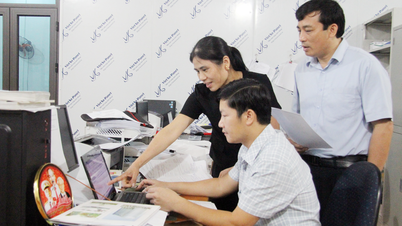

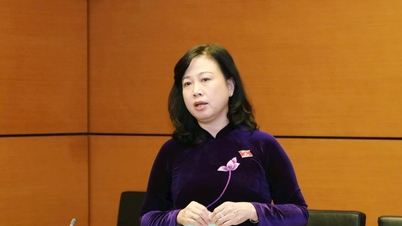

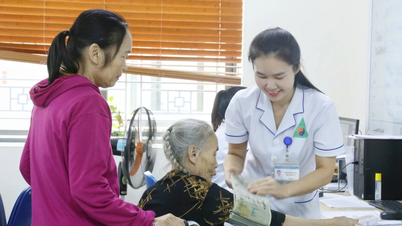

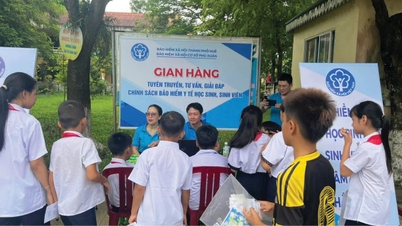

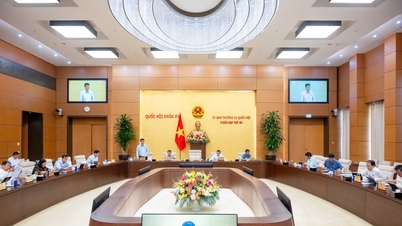

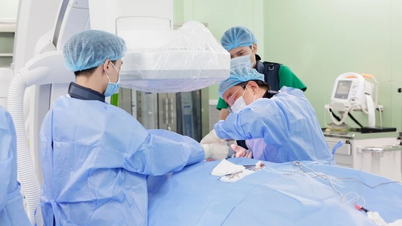

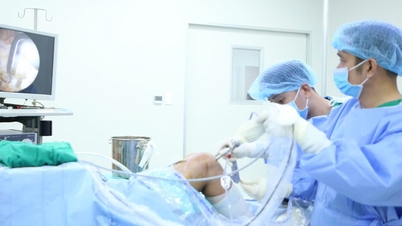

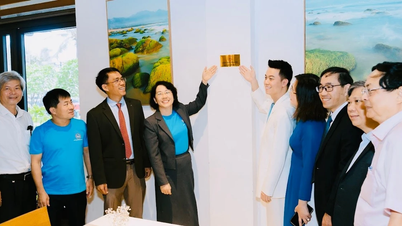







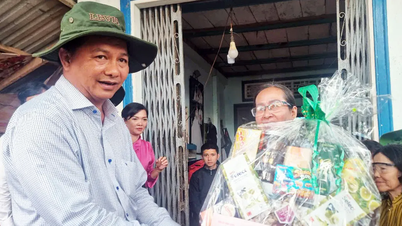
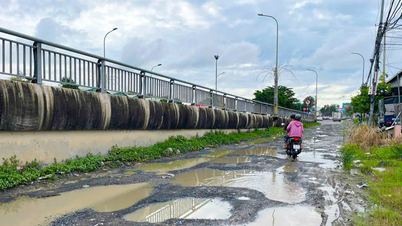

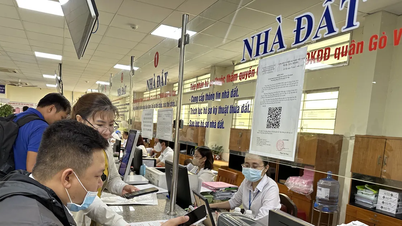
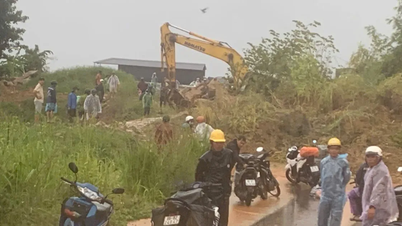






















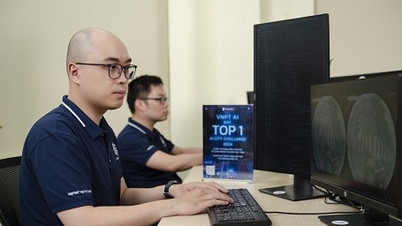






















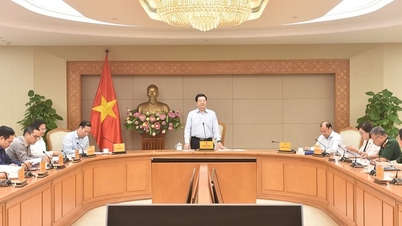


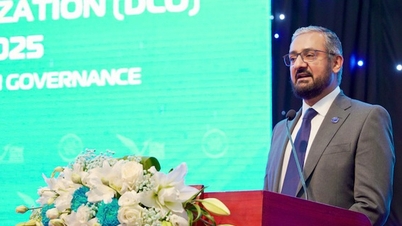
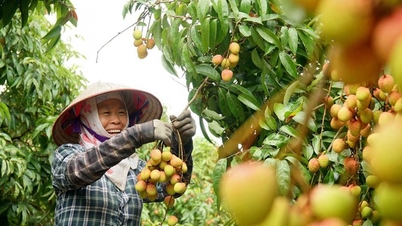
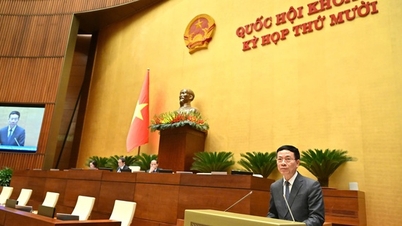
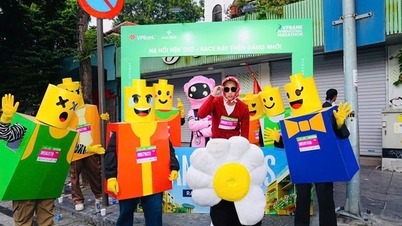


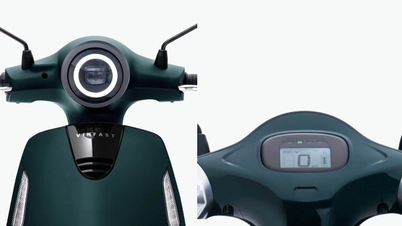
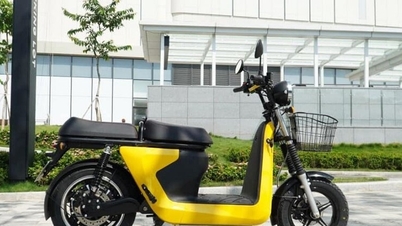

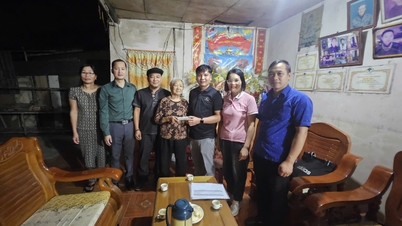
















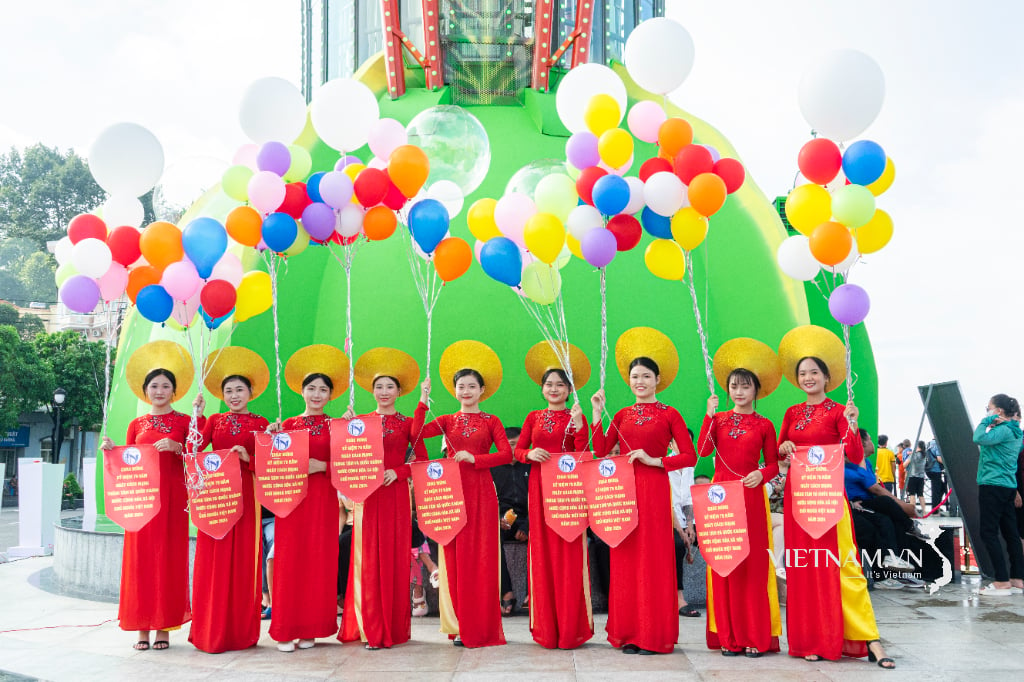
Comment (0)